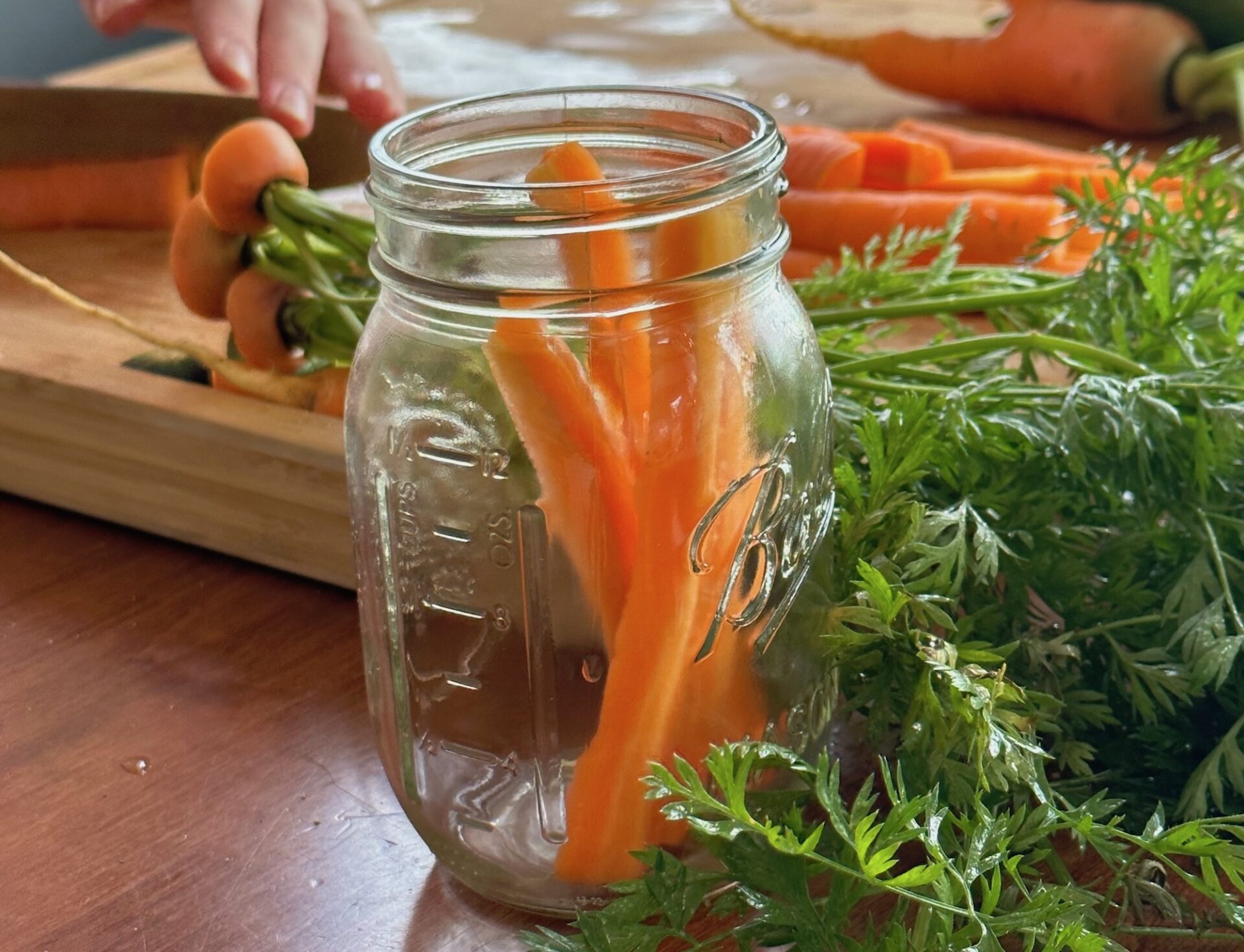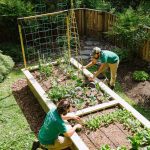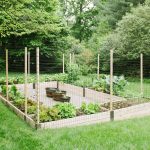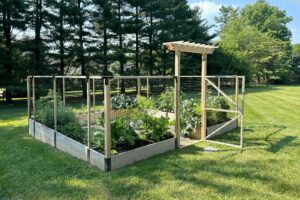
[et_pb_section fb_built=”1″ admin_label=”section” _builder_version=”4.21.0″ custom_margin_tablet=”|0px||0px|false|true” custom_margin_phone=”|0px||0px|false|true” custom_margin_last_edited=”on|phone” da_disable_devices=”off|off|off” global_colors_info=”{}” da_is_popup=”off” da_exit_intent=”off” da_has_close=”on” da_alt_close=”off” da_dark_close=”off” da_not_modal=”on” da_is_singular=”off” da_with_loader=”off” da_has_shadow=”on”][et_pb_row admin_label=”row” _builder_version=”4.21.0″ background_size=”initial” background_position=”top_left” background_repeat=”repeat” width_tablet=”90%” width_phone=”90%” width_last_edited=”on|desktop” global_colors_info=”{}”][et_pb_column type=”4_4″ _builder_version=”4.16″ custom_padding=”|||” global_colors_info=”{}” custom_padding__hover=”|||”][et_pb_text _builder_version=”4.21.0″ _module_preset=”default” header_font=”|600|||||||” header_text_color=”#FFFFFF” background_color=”#9b9d88″ width=”90%” width_tablet=”100%” width_phone=”100%” width_last_edited=”on|desktop” custom_padding=”25px|20px|20px|20px|false|true” global_colors_info=”{}”]
The Year-Round Garden:
Fall Planting and Fermentation
[/et_pb_text][et_pb_text _builder_version=”4.21.0″ _module_preset=”default” text_text_color=”#000000″ link_font=”|700|||on|||#000000|” link_text_color=”#000000″ header_5_line_height=”1.5em” width=”90%” width_tablet=”100%” width_phone=”80%” width_last_edited=”on|desktop” custom_margin=”10px||10px||true|false” global_colors_info=”{}”]
Planting a fall garden and preserving your summer harvest will help you enjoy homegrown food all year long. Keep reading to learn:
[/et_pb_text][et_pb_text _builder_version=”4.21.0″ _module_preset=”default” text_text_color=”#000000″ link_font=”|700|||on|||#000000|” link_text_color=”#000000″ header_5_line_height=”1.5em” width=”90%” width_tablet=”100%” width_phone=”80%” width_last_edited=”on|desktop” custom_margin=”10px||10px||true|false” global_colors_info=”{}”]
-
When fall planting begin (it’s sooner than you think!)
-
What crops to grow in fall
-
How we can help you prepare for fall
[/et_pb_text][et_pb_text _builder_version=”4.21.0″ _module_preset=”default” text_text_color=”#000000″ link_font=”|700|||on|||#000000|” link_text_color=”#000000″ header_5_line_height=”1.5em” width=”90%” width_tablet=”100%” width_phone=”80%” width_last_edited=”on|desktop” custom_margin=”10px||10px||true|false” global_colors_info=”{}”]
Do you want to know what to do with the extra produce from your summer garden? Try this lacto-fermentation recipe from Mordechai Schram, owner of hamutzim. His traditional fermentation recipe promises to produce some of the tastiest home pickles you’ve ever had!
[/et_pb_text][et_pb_text _builder_version=”4.21.0″ _module_preset=”default” text_text_color=”#000000″ link_font=”|700|||on|||#000000|” link_text_color=”#000000″ header_5_line_height=”1.5em” width=”90%” width_tablet=”100%” width_phone=”80%” width_last_edited=”on|desktop” custom_margin=”10px||10px||true|false” global_colors_info=”{}”]
Lastly, learn about a fascinating garden design that combines beauty and functionality: rain gardens!
[/et_pb_text][et_pb_button button_url=”https://backyard-eats.com/contact-us/” url_new_window=”on” button_text=”CONTACT US” button_alignment=”left” _builder_version=”4.21.0″ _module_preset=”default” button_text_size=”24px” button_text_color=”#FFFFFF” button_bg_color=”#844B67″ button_use_icon=”off” background_layout=”dark” custom_margin=”20px||20px||true|false” global_colors_info=”{}”][/et_pb_button][et_pb_text _builder_version=”4.21.0″ _module_preset=”default” header_font=”|600|||||||” header_text_color=”#FFFFFF” background_color=”#9b9d88″ width=”90%” width_tablet=”100%” width_phone=”100%” width_last_edited=”on|desktop” custom_padding=”25px|20px|20px|20px|false|true” global_colors_info=”{}”]
Fall Planting
[/et_pb_text][et_pb_text _builder_version=”4.21.0″ _module_preset=”default” text_text_color=”#000000″ link_font=”|700|||on|||#000000|” link_text_color=”#000000″ header_5_line_height=”1.5em” width=”90%” width_tablet=”100%” width_phone=”100%” width_last_edited=”on|desktop” custom_margin=”10px||10px||true|false” global_colors_info=”{}”]
Why Have A Fall Garden?
We recommend a fall garden to anyone who wants to grow food for their backyard, business, or community. Here are some benefits of a fall garden:
-
Maximize your garden’s potential
-
Enjoy cool-weather crops a second time each year
-
Less stressors like extreme heat
-
Our garden clean-up services make the end of summer a breeze
[/et_pb_text][et_pb_text _builder_version=”4.21.0″ _module_preset=”default” text_text_color=”#000000″ link_font=”|700|||on|||#000000|” link_text_color=”#000000″ header_5_line_height=”1.5em” width=”90%” width_tablet=”100%” width_phone=”100%” width_last_edited=”on|desktop” custom_margin=”10px||10px||true|false” global_colors_info=”{}”]
What To Grow In Fall:
A fall garden is the perfect environment for cool-weather annual plants! Enjoy your favorite crisp and fresh crops like:
-
Baby greens and head lettuce
-
Beans and peas
-
Root crops (ex. carrots, radishes)
-
Herbs (ex. cilantro, dill)
-
Fruits and berries
-
Garlic
[/et_pb_text][et_pb_image src=”https://backyard-eats.com/wp-content/uploads/2023/07/DSC_5935-scaled.jpg” title_text=”DSC_5935″ _builder_version=”4.21.0″ _module_preset=”default” width=”80%” width_tablet=”100%” width_phone=”100%” width_last_edited=”on|desktop” global_colors_info=”{}”][/et_pb_image][et_pb_text _builder_version=”4.21.0″ _module_preset=”default” text_text_color=”#000000″ width=”80%” width_tablet=”100%” width_phone=”100%” width_last_edited=”on|phone” global_colors_info=”{}”]
Our garden designers will work with you to select and plant crops that will thrive in your garden and exceed your expectations.
[/et_pb_text][et_pb_text _builder_version=”4.21.0″ _module_preset=”default” header_font=”|600|||||||” header_text_color=”#FFFFFF” background_color=”#9b9d88″ width=”90%” width_tablet=”100%” width_phone=”100%” width_last_edited=”on|desktop” custom_padding=”25px|20px|20px|20px|false|true” global_colors_info=”{}”]
Fall Services
[/et_pb_text][et_pb_text _builder_version=”4.21.0″ _module_preset=”default” text_text_color=”#000000″ link_font=”|700|||on|||#000000|” link_text_color=”#000000″ header_5_line_height=”1.5em” width=”90%” width_tablet=”100%” width_phone=”80%” width_last_edited=”on|desktop” custom_margin=”10px||10px||true|false” global_colors_info=”{}”]
We offer summer clean-up services along with fall planting: even if you’re not on our regular maintenance schedule! This seasonal care includes:
[/et_pb_text][et_pb_text _builder_version=”4.21.0″ _module_preset=”default” width=”90%” width_tablet=”” width_phone=”” width_last_edited=”on|desktop” global_colors_info=”{}”]
-
Removal of weeds and dead plants
-
Garlic and shallot bulb planting
-
Removal of used trellis netting
-
Soil amendment with organic compost
-
Collection of any rental plant supports from Backyard Eats
[/et_pb_text][et_pb_text _builder_version=”4.21.0″ _module_preset=”default” header_font=”|600|||||||” header_text_color=”#FFFFFF” background_color=”#9b9d88″ width=”90%” width_tablet=”100%” width_phone=”100%” width_last_edited=”on|desktop” custom_padding=”25px|20px|20px|20px|false|true” global_colors_info=”{}”]
Lacto-fermentation Recipe
[/et_pb_text][et_pb_text _builder_version=”4.21.0″ _module_preset=”default” text_text_color=”#000000″ link_font=”|700|||on|||#000000|” link_text_color=”#000000″ header_5_line_height=”1.5em” width=”90%” width_tablet=”100%” width_phone=”80%” width_last_edited=”on|desktop” custom_margin=”10px||10px||true|false” custom_padding=”1px|||||” global_colors_info=”{}”]
Backyard Eats is excited to partner with Mordechai Schram, owner of hamutzim, to bring you a great lacto-fermentation recipe!
[/et_pb_text][et_pb_text _builder_version=”4.21.0″ _module_preset=”default” text_text_color=”#000000″ link_font=”|700|||on|||#000000|” link_text_color=”#000000″ header_5_line_height=”1.5em” width=”90%” width_tablet=”100%” width_phone=”80%” width_last_edited=”on|desktop” custom_margin=”10px||10px||true|false” global_colors_info=”{}”]
Lacto-fermentation is a centuries-old preservation method that converts natural bacteria into lactic acid, and slowly ferments food over time. Examples of lacto-fermented vegetables include pickles, sauerkraut, and kimchi.
[/et_pb_text][et_pb_text _builder_version=”4.21.0″ _module_preset=”default” text_text_color=”#000000″ link_font=”|700|||on|||#000000|” link_text_color=”#000000″ header_5_line_height=”1.5em” width=”90%” width_tablet=”100%” width_phone=”80%” width_last_edited=”on|desktop” custom_margin=”10px||10px||true|false” global_colors_info=”{}”]
Try Mordechai’s lacto-fermentation recipe at home for delicious pickles straight from the garden! Whether you have carrots, radishes, turnips, or cucumbers in season, this recipe is sure to be rewarding.
[/et_pb_text][et_pb_button button_url=”https://backyard-eats.com/recipes/lacto-fermentation-recipe/” url_new_window=”on” button_text=”VIEW RECIPE” button_alignment=”left” _builder_version=”4.21.0″ _module_preset=”default” button_text_size=”24px” button_text_color=”#FFFFFF” button_bg_color=”#844B67″ button_use_icon=”off” background_layout=”dark” custom_margin=”20px||20px||true|false” global_colors_info=”{}”][/et_pb_button][et_pb_image src=”https://backyard-eats.com/wp-content/uploads/2023/07/IMG_4355-1.jpeg” title_text=”IMG_4355″ _builder_version=”4.21.0″ _module_preset=”default” width=”80%” width_tablet=”100%” width_phone=”100%” width_last_edited=”on|desktop” module_alignment=”left” custom_margin=”|431px||||” global_colors_info=”{}”][/et_pb_image][et_pb_text _builder_version=”4.21.0″ _module_preset=”default” text_text_color=”#000000″ width=”60%” width_tablet=”80%” width_phone=”100%” width_last_edited=”on|phone” global_colors_info=”{}”]Did you know? Hamutzim is the Hebrew word for pickles!
[/et_pb_text][et_pb_button button_url=”https://www.hamutzim.com/” url_new_window=”on” button_text=”ABOUT HAMUTZIM” button_alignment=”left” _builder_version=”4.21.0″ _module_preset=”default” button_text_size=”24px” button_text_color=”#FFFFFF” button_bg_color=”#844B67″ button_use_icon=”off” background_layout=”dark” custom_margin=”20px||20px||true|false” global_colors_info=”{}”][/et_pb_button][et_pb_text _builder_version=”4.21.0″ _module_preset=”default” header_font=”|600|||||||” header_text_color=”#FFFFFF” background_color=”#9b9d88″ width=”90%” width_tablet=”100%” width_phone=”100%” width_last_edited=”on|desktop” custom_padding=”25px|20px|20px|20px|false|true” global_colors_info=”{}”]
Intro to Rain Gardens
[/et_pb_text][et_pb_text _builder_version=”4.21.0″ _module_preset=”default” text_text_color=”#000000″ link_font=”|700|||on|||#000000|” link_text_color=”#000000″ header_5_line_height=”1.5em” width=”90%” width_tablet=”100%” width_phone=”80%” width_last_edited=”on|desktop” custom_margin=”10px||10px||true|false” global_colors_info=”{}”]
Did you know? Rain gardens collect water runoff from hard surfaces like roofs and driveways.
Rain gardens contain deep-rooted perennials planted in rings that serve unique purposes like slowing rainfall and holding onto soil. Here are some more benefits of rain gardens:
[/et_pb_text][et_pb_text _builder_version=”4.21.0″ _module_preset=”default” text_text_color=”#000000″ link_font=”|700|||on|||#000000|” link_text_color=”#000000″ header_5_line_height=”1.5em” width=”90%” width_tablet=”100%” width_phone=”80%” width_last_edited=”on|desktop” custom_margin=”10px||10px||true|false” global_colors_info=”{}”]
-
Reduce water usage
-
Reduce flooding
-
Beautify your landscape
-
Filter out water pollutants
-
Replenish groundwater supply
-
Create a wildlife habitat
[/et_pb_text][et_pb_image src=”https://backyard-eats.com/wp-content/uploads/2023/07/residential-rain-garden-diagram.jpeg” title_text=”residential-rain-garden-diagram” _builder_version=”4.21.0″ _module_preset=”default” width=”80%” width_tablet=”100%” width_phone=”100%” width_last_edited=”on|desktop” module_alignment=”left” global_colors_info=”{}”][/et_pb_image][et_pb_text _builder_version=”4.21.0″ _module_preset=”default” text_text_color=”#000000″ width=”80%” width_tablet=”100%” width_phone=”100%” width_last_edited=”on|phone” global_colors_info=”{}”]
Do you want to help conserve water in your landscape with a perennial garden? Contact us to learn more.
[/et_pb_text][et_pb_button button_url=”https://backyard-eats.com/contact-us/” url_new_window=”on” button_text=”CONTACT US” button_alignment=”left” _builder_version=”4.21.0″ _module_preset=”default” button_text_size=”24px” button_text_color=”#FFFFFF” button_bg_color=”#844B67″ button_use_icon=”off” background_layout=”dark” custom_margin=”20px||20px||true|false” global_colors_info=”{}”][/et_pb_button][/et_pb_column][/et_pb_row][/et_pb_section]







No comment yet, add your voice below!